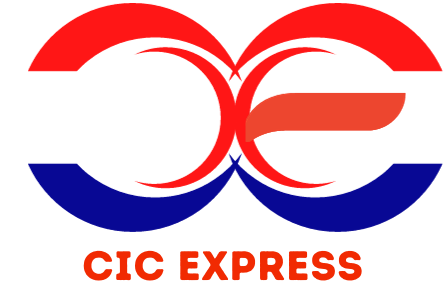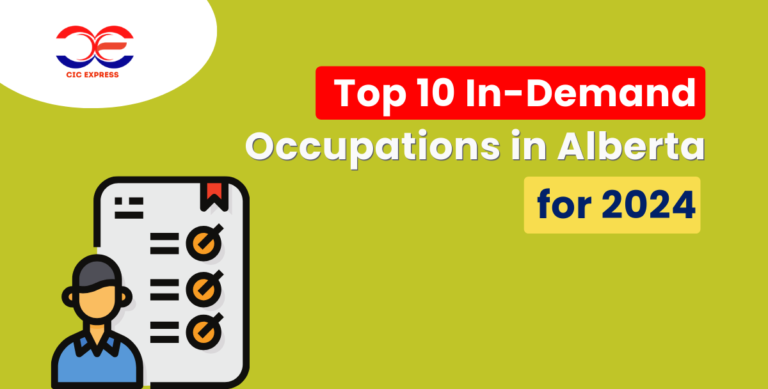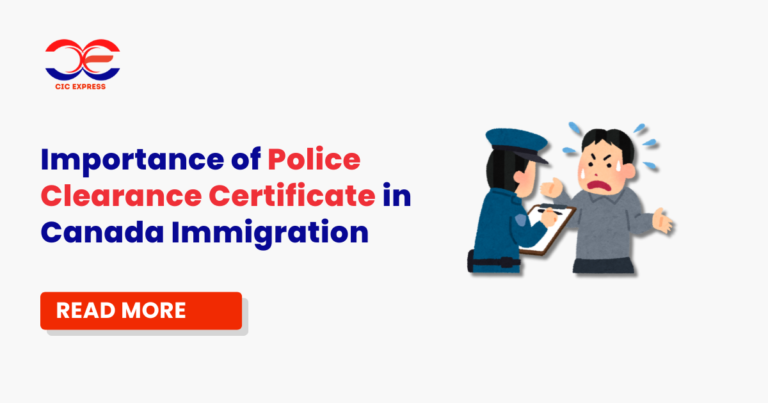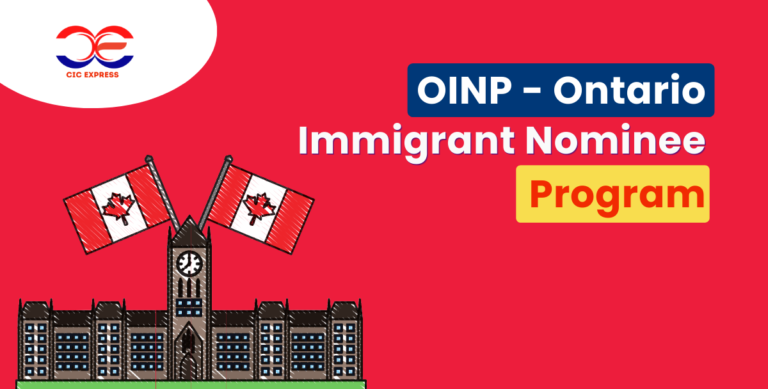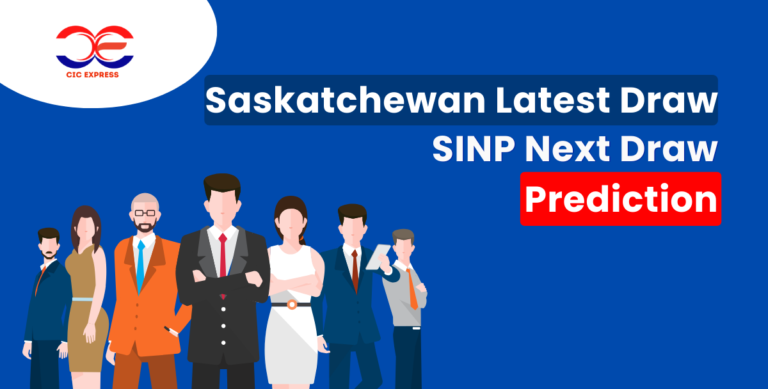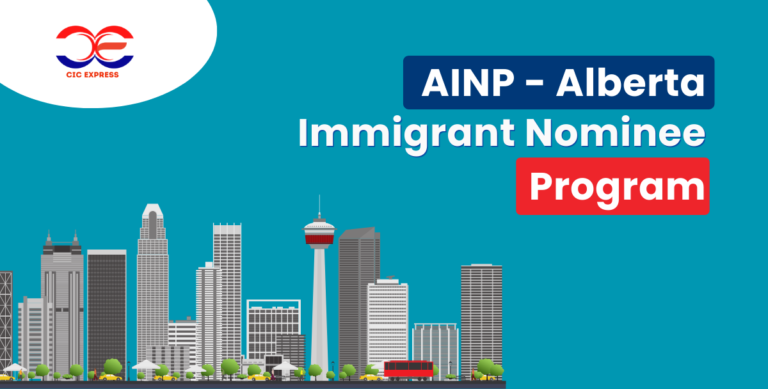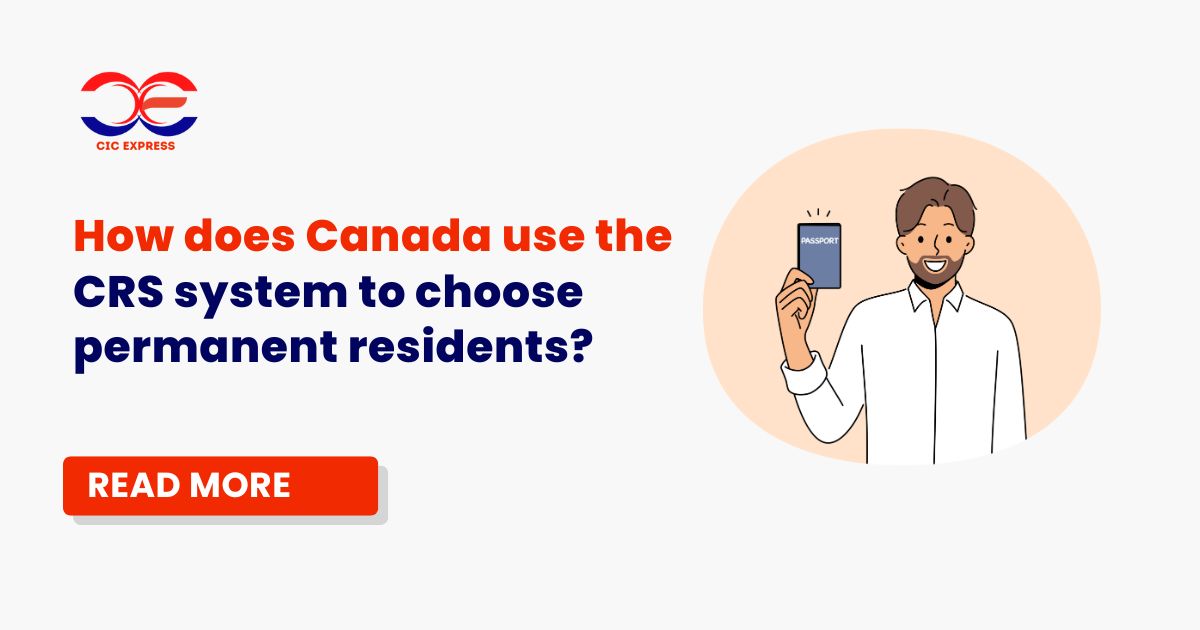Relaxation of Canadian Work Permit Rules for US H-1B Visa Holders

Aside from being known as the Maple Country, Canada also has one of the best immigration programs. The Canadian federal authorities have recently eased the work permit rules for US H-1B Visa holders. The aim behind this change is to become a leading IT destination. This decision of Canada’s federal authorities significantly impacted the mobility of the foreign workforce.
The aim behind this change was to make Canada a premier destination for highly skilled professionals, especially in the IT sector. It demonstrates Canada’s commitment to keeping a competitive advantage in the world talent pool.
Canada has relaxed its policy of exempting selected American H-1B visa holders from work permit obligations after reaching the 10,000 principal applicants application threshold. Originally intended to run until July 15, 2024, the policy was halted early on July 17, 2023, due to an overwhelming number of applications.
The main aim of the modifications
Through the new regulations, Canadian authorities aim to welcome many skilled professionals from the United States, especially in IT-related fields, and these modifications aim to provide a considerable alternative to candidates to enhance their skills in a job market that is known for job stability, career advance opportunities, and for a welcoming environment.
Eligibility Criteria
H-1B visa holders had to fulfill specific requirements to be eligible for an open work permit in Canada. These included being a resident of the United States, possessing a valid H-1B Specialty Occupations visa, and receiving a job offer from a Canadian business that complied with specified requirements.
The family members of the H-1B visa holders who have already applied for the work permit are eligible to apply for any of the following.
- TRV(Temporary Resident Visa)
- Study Permit
- Open Work Permit
How to apply for a TRV or study permit if you are an H-1B visa holder’s family member?
If you are a family member of an H-1B visa holder who has already applied for Canadian work, you can apply for a TRV or work permit through the IRCC’s portal.
Introduction of Complimentary Policies
To help H-1B visa holders, the Canadian authorities introduced two policies last year.
Policy – 1 Post-Cap Consideration of Application
Under the first policy, Applications that exceed the 10,000 cap may be considered under the first policy, which goes into effect on September 27, 2023, provided they were filed after the first policy’s expiration date of July 17, 2023, but before the website closed.
Policy – 2 Application of Family Members
Under the second policy, applications for work permits filed by family members after the original policy expires but before September 28, 2024, will be handled under this revised framework.
If the parent of an H-1B visa holder is granted an H-1B open work permit upon entry into Canada, the child under 17 will not be charged the $150 study permit processing cost.
Key Takeaways of this Change
The following are some key takeaways from this change.
- Canada’s federal authorities have relaxed work permit rules for US H-1B Visa holders to become a top IT destination.
- The move aims to make Canada a top destination for skilled professionals, particularly in the IT sector.
- Due to high applications, the policy of exempting selected American H-1B visa holders from work permit obligations was halted on July 17, 2023.
- The main aim of the modifications is to attract skilled professionals from the US, particularly in IT-related fields, to Canada.
- Eligibility criteria include being a US resident, having a valid H-1B Specialty Occupations visa, and receiving a job offer from a Canadian business.
- Family members of H-1B visa holders can apply for a Temporary Resident Visa (TRV), Study Permit, or Open Work Permit.
- Two complementary policies were introduced: Post-Cap Consideration of Application and Application of Family Members.
- If a parent of an H-1B visa holder is granted an H-1B open work permit, the child under 17 will not be charged the $150 study permit processing cost.
